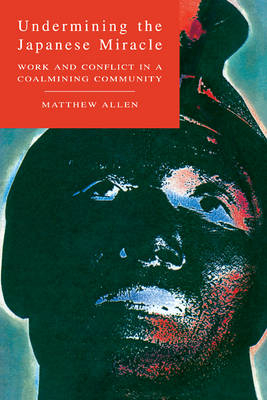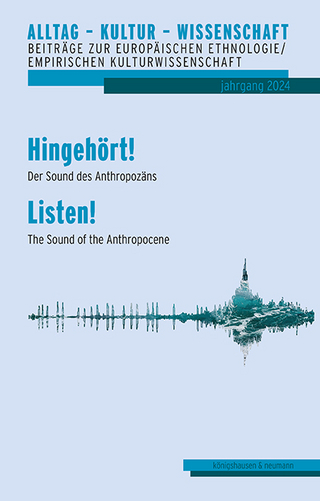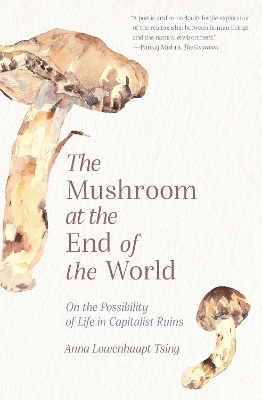
Undermining the Japanese Miracle
Work and Conflict in a Japanese Coal-mining Community
Seiten
2009
Cambridge University Press (Verlag)
978-0-521-11494-3 (ISBN)
Cambridge University Press (Verlag)
978-0-521-11494-3 (ISBN)
This book, first published in 1995, is about the underside of Japan's economic miracle. It is an account of people who have been forgotten in Japan's push to industrialise in the post-war era: the coal-miners of Chikuho on Japan's southernmost island. The dirty and neglected character of Chikuho is in stark contrast with Japan's image as an international leader in technology.
This book, first published in 1995, is about the underside of Japan's economic miracle. It is an account of people who have been forgotten in Japan's push to industrialise in the post-war era: the coal-miners of Chikuho on Japan's southernmost island. The dirty and neglected character of Chikuho is in stark contrast with Japan's prevailing image as an international leader in technology and an affluent, socially cohesive country. As coal industries in industrialised nations around the world are closed down, regions like Chikuho embody the concept of underdevelopment within highly developed societies. Matthew Allen challenges the concepts of industrial harmony, economic foresight, cultural homogeneity and caring political management that dominate much of the literature on Japan. He describes how the people of the coalfields see themselves, providing insights into an aspect of Japanese society that is rarely encountered.
This book, first published in 1995, is about the underside of Japan's economic miracle. It is an account of people who have been forgotten in Japan's push to industrialise in the post-war era: the coal-miners of Chikuho on Japan's southernmost island. The dirty and neglected character of Chikuho is in stark contrast with Japan's prevailing image as an international leader in technology and an affluent, socially cohesive country. As coal industries in industrialised nations around the world are closed down, regions like Chikuho embody the concept of underdevelopment within highly developed societies. Matthew Allen challenges the concepts of industrial harmony, economic foresight, cultural homogeneity and caring political management that dominate much of the literature on Japan. He describes how the people of the coalfields see themselves, providing insights into an aspect of Japanese society that is rarely encountered.
List of Plates; List of Maps; List of Figures; Acknowledgements; Glossary; List of abbreviations; Notes on translation and anonymity; Introduction; 1. Chikuho: a short description; 2. The Chikuho revivalists; 3. Idegawa; 4. A short history of coalmining: Chikuho in context; 5. The picture show man; 6. A culture in violence; 7. H-san mine: violence and repression; 8. The bathing master; 9. Labour conflict: the case of the K-san union action; 10. D-san and the students; 11. Mizuno; 12. The Y-san disaster; 13. Sono; 14. Welfare; 15. Welfare in Chikuho; 16. A Yakuza story; Conclusion; Bibliographical Essay; Bibliography; List of Informants; Index.
| Erscheint lt. Verlag | 25.6.2009 |
|---|---|
| Zusatzinfo | 20 Halftones, unspecified; 18 Line drawings, unspecified |
| Verlagsort | Cambridge |
| Sprache | englisch |
| Maße | 152 x 229 mm |
| Gewicht | 470 g |
| Themenwelt | Sozialwissenschaften ► Ethnologie |
| Sozialwissenschaften ► Soziologie | |
| Technik ► Bergbau | |
| ISBN-10 | 0-521-11494-2 / 0521114942 |
| ISBN-13 | 978-0-521-11494-3 / 9780521114943 |
| Zustand | Neuware |
| Haben Sie eine Frage zum Produkt? |
Mehr entdecken
aus dem Bereich
aus dem Bereich
Wert, Tausch und menschliches Handeln
Buch | Softcover (2023)
diaphanes (Verlag)
28,00 €
Buch | Softcover (2024)
Königshausen u. Neumann (Verlag)
28,00 €
On the Possibility of Life in Capitalist Ruins
Buch | Softcover (2021)
Princeton University Press (Verlag)
19,90 €


